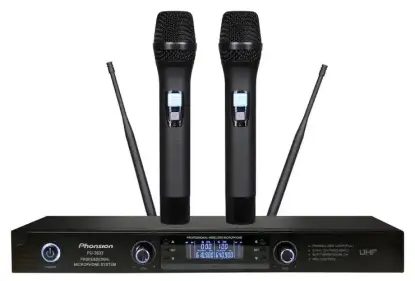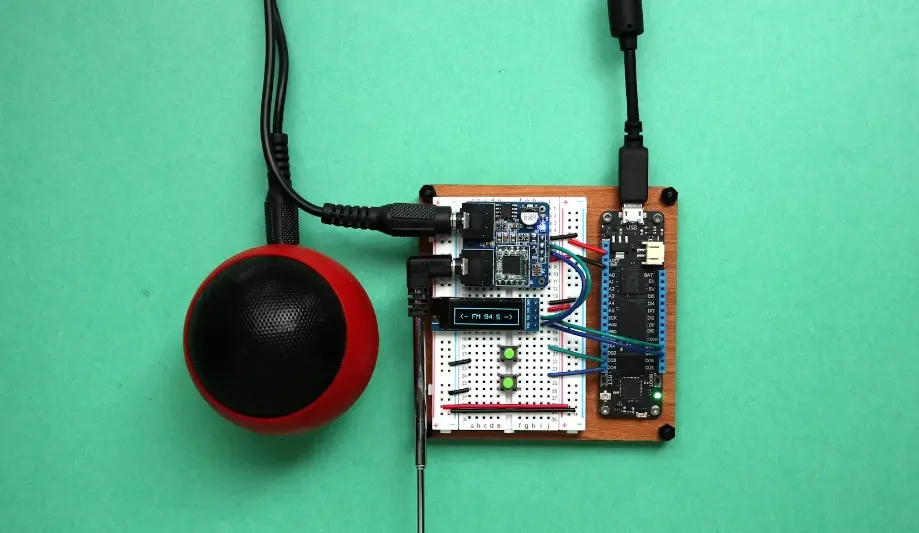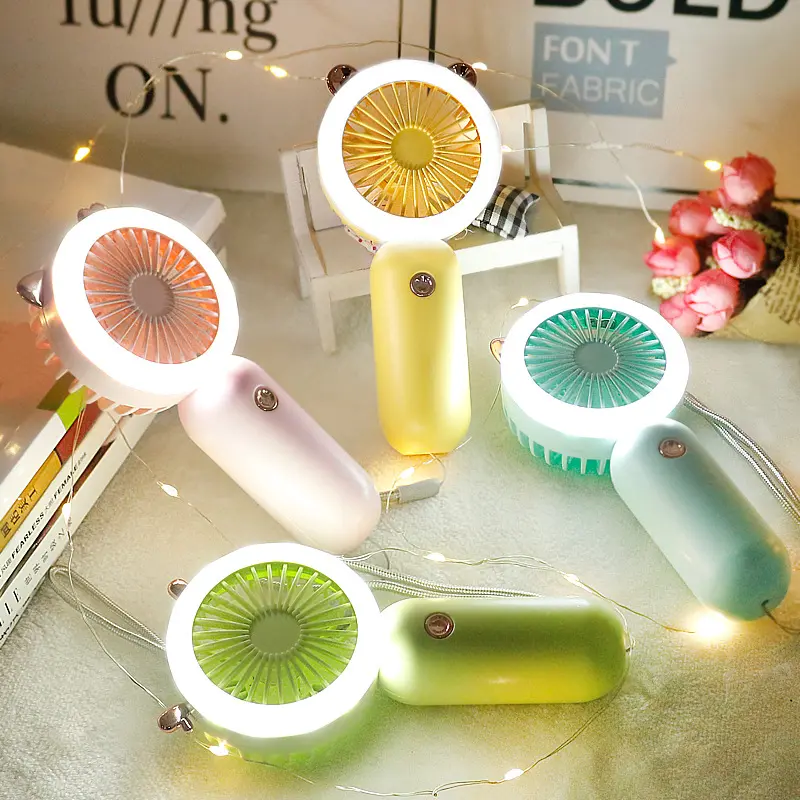
What is LED Lighting Certification?
To sell lighting products in different countries, it is necessary to comply with local laws and regulations, as each country has distinct certification and testing requirements and standards. Below, we will introduce the certification requirements for lighting products entering several major countries, including the U.S., Europe, Japan, South Korea, and China.
U.S. Certification for Lighting:
There are three main standards for LED lighting entering the U.S. market: Safety Standards, Electromagnetic Compatibility Standards, and Energy Efficiency Standards.
- Safety Requirements:
The primary certifications include UL, CSA, and ETL. Key standards are:
- UL 8750, ul 1598, UL 153, UL 1993, UL 1574, UL 2108, UL 1310, and UL 1012.
- UL 8750 specifies the safety requirements for LED light sources used in lighting products, covering environmental, structural, and electrical aspects.
- EMC Requirements:
LED products must meet FCC standards (FCC PART18, doc compliance declaration).
- Compared to the European CE certification, the main difference with fcc testing is that it only has EMI requirements and no EMS requirements.
- There are two testing items: Radiated Emission and Conducted Emission, with different frequency and limit requirements than those of the European CE certification.
- Energy Efficiency:
ENERGY STAR certification is an essential requirement for lighting products. This certification, based on the product's UL and FCC certifications, focuses on testing optical performance and lumen maintenance.
Thus, for Chinese LED lighting products entering the U.S. market, meeting UL, FCC, and ENERGY STAR certifications is mandatory.
European Certification for Lighting:
Lighting products exported to Europe generally require the following tests and certifications:
1. CE Certification
This is a mandatory certification for the EU, involving the LVD Directive, EMC Directive, and RED Directive, depending on the product’s features and functions.
Covers environmental chemical testing in the EU (10 hazardous substances).
3. Energy ERP Certification
Includes energy efficiency testing and energy label registration.
4. Photobiological Safety
Based on the IEC 62471 photobiological safety testing report.
5. Battery Testing
For lighting products with batteries, the batteries must comply with the IEC 62133 standard.
6. IP Dust and Water Resistance
If the product claims to be dustproof or waterproof (especially for outdoor lighting), IP testing is required.
7. Transport Certificate
Products with batteries must provide UN 38.3, MSDS, and transport certificates.
Chinese Certification for Lighting:
Lighting products in China must meet CCC certification standards.
Lighting 3C certification standards include:
- Fixed General Lighting: GB7000.1, GB7000.201, GB/T17743, GB17625.1
- Portable General Lighting: GB7000.1, GB7000.204, GB/T17743, GB17625.1
- Embedded Lighting: GB7000.1, GB7000.202, GB/T17743, GB17625.1
- Aquarium Lighting: GB7000.1, GB7000.211, GB/T17743, GB17625.1
- Nightlights with Socket Installation: GB7000.1, GB7000.212, GB/T17743, GB17625.1
- Ground-Embedded Lighting: GB7000.1, GB7000.213, GB/T17743, GB17625.1
- Portable Lighting for Children: GB7000.1, GB7000.4, GB/T17743, GB17625.1
- Ballasts for Fluorescent Lamps: GB19510.1, GB19510.9, GB/T17743, GB17625.1
- Ballasts for Discharge Lamps (except Fluorescent Lamps): GB19510.1, GB19510.10, GB/T17743, GB17625.1
- AC Electronic Ballasts for Fluorescent Lamps: GB19510.1, GB19510.4, GB/T17743, GB17625.1
- Electronic Ballasts for High-Intensity Discharge Lamps: GB19510.1, GB19510.14, GB/T17743, GB17625.1
- DC or AC Electronic Control Devices for LED Modules: GB19510.1, GB19510.14, GB/T17743, GB17625.1
Japanese Certification for Lighting:
Japan requires pse certification (Product Safety of Electrical Appliance & Materials), a mandatory certification to ensure electrical product safety.
- Category A (Specific Products): Products like power adapters and chargers must have the diamond PSE mark.
- Category B (Non-Specific Products): Products like LED bulbs and fixtures must have the round PSE mark.
Since July 1, 2012, LED bulbs and fixtures in Japan must display the round PSE mark and meet Japanese technical standards such as JIS C 8156 (for LED bulbs) and JIS C 8105 (for LED fixtures).
South Korean Certification for Lighting:
South Korea’s KC (Korea Certification) is mandatory for many electrical products, including lighting. The kc certification ensures both product safety and electromagnetic compatibility (EMC).
Key standards include:
- Safety Standards: K 60598 series covering general lighting safety requirements.
- EMC Standards: K 00015 and K 61547 ensuring electromagnetic compatibility.
JJR Laboratory in China
JJR Laboratory offers lighting certification services in China, which can help you save up to 30% on certification costs. Please feel free to reach out for any inquiries!
Email:hello@jjrlab.com
Write your message here and send it to us
 Wireless Microphone Export Certification
Wireless Microphone Export Certification
 Audio-Visual Products SNI Certification in Indones
Audio-Visual Products SNI Certification in Indones
 FCC-ID: Still Needed if Module is Certified?
FCC-ID: Still Needed if Module is Certified?
 FCC Certification Fees for Handheld Fans
FCC Certification Fees for Handheld Fans
 FCC Certification Testing for Smart Lighting Produ
FCC Certification Testing for Smart Lighting Produ
 What is the ETSI EN 303 645 Testing Standard?
What is the ETSI EN 303 645 Testing Standard?
 UL Compliance and ETL Certification for LED Lighti
UL Compliance and ETL Certification for LED Lighti
 What is the IEC 60598 Standard?
What is the IEC 60598 Standard?
Leave us a message
24-hour online customer service at any time to respond, so that you worry!




